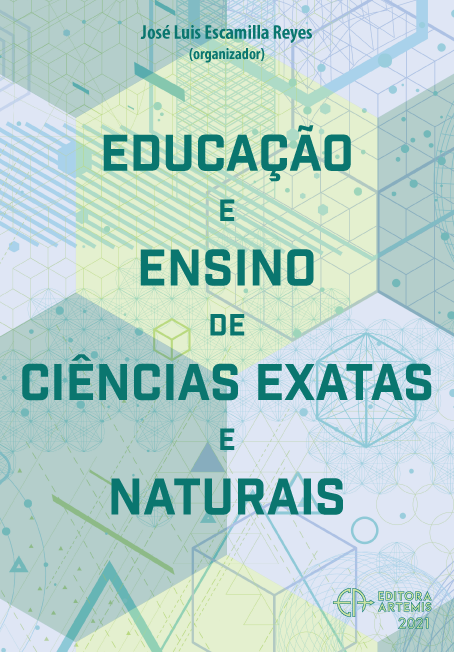
LA MODELACIÓN MATEMÁTICA EN EL CURSO DE ECUACIONES DIFERENCIALES A TRAVÉS DE PROBLEMÁTICAS REALES
En este trabajo, se presenta un proceso de tipo iterativo con el fin de modelar sistemas dinámicos simples por medio de ecuaciones diferenciales ordinarias (EDOs). A través de dicho proceso, por un lado, es posible plantear modelos cada vez más sofisticados que permiten describir de mejor manera el comportamiento de estos sistemas dinámicos; por otro lado, el estructurar este proceso como una secuencia de aprendizaje permite que los alumnos perciban claramente la necesidad de incorporar nuevos métodos analíticos de solución para los modelos presentados así como el reconocer cuando es necesaria la incorporación de los métodos numéricos para resolver las EDOs que modelan los fenómenos. A diferencia de la presentación de estos temas en un curso típico de ecuaciones diferenciales ordinarias, en nuestra aproximación se vuelve crucial la validación de estos modelos como una parte integral del proceso de aprendizaje puesto que los modelos matemáticos estudiados tienen un contexto real. Es evidente que, a través de estas secuencias de aprendizaje, el involucramiento y la motivación de los estudiantes es digno de resaltar, como lo muestran las encuestas de percepción realizadas.
LA MODELACIÓN MATEMÁTICA EN EL CURSO DE ECUACIONES DIFERENCIALES A TRAVÉS DE PROBLEMÁTICAS REALES
-
DOI: 10.37572/EdArt_1712214918
-
Palavras-chave: Ecuaciones Diferenciales ordinarias, modelación matemática, aprendizaje activo, secuencias de aprendizaje
-
Keywords: Ordinary differential equations, mathematical modelling, active, learning sequences
-
Abstract:
In this paper, we present an iterative process in order to model simple dynamical systems with ordinary differential equations (ODEs). On one hand, following such a process it is possible to establish more sofisticated and accurate models useful for describe in a better way the behaviour of these dynamical systems; On the other hand, the structure of this process as a learning sequence allows that students clearly see the need of incorporate new analytic methods to solve the mathematical models as well as the convenience of getting numerical methods to obtain approximate solutions to the ODEs modelling these phenomena. In contrast to the usual lecturing of these subjects in a typical ordinary differential equations course, in our approach, validation of the models is a crucial stage and must be considered as an integral part of the learning process given that these models have a real context. As a result, the students’ engagement and motivation when they get involved in these learning sequences is remarkable, as perception surveys show.
-
Número de páginas: 15
- José Luis Escamilla Reyes

